Mental health during winter
Winter can evoke contrasting emotions: some look forward to festive joy, while others face mental health challenges. Here’s how to navigate the season healthily.
Seasonal Affective Disorder (SAD)
SAD is a type of depression that comes and goes in a seasonal pattern. Sometimes referred to as ‘winter depression’ because the symptoms are usually more apparent and severe during winter.
Things you can try yourself:
- Try to get as much natural sunlight as possible, even a brief lunchtime walk can be beneficial.
- Purchase a SAD lamp, a light box that will provide daytime light during dark winter days.
- Make your work and home environments as light and airy as possible
- Sit near windows when you are indoors.
- Take plenty of regular exercise particularly in outdoors and daylight.
- Eat a healthy balanced diet.
- Whenever possible, avoid stressful situations and take steps to manage stress.
Treatment – Seasonal affective disorder (SAD)
Loneliness isn’t just a mental health issue; it affects your physical wellbeing too. Below are some volunteering services in your area or try looking at national sites like: Royal Voluntary Service
- Buckinghamshire: Volunteering in Buckinghamshire
- Oxfordshire: Oxfordshire Volunteers
- Berkshire West: Volunteer Centre West Berkshire
- Wokingham: Wokingham Community Directory
- Reading: Volunteering
You don’t have to run 20K, just 30 minutes daily or 150 minutes weekly of any physical activity can uplift your mood and overall health: Exercise – NHS (www.nhs.uk)
Poor sleep can lead to various health issues. Learn the significance of proper sleep and tips to achieve it.
In the below video, James, a mental health professional, shares some top tips for better sleep.
View more at Every Mind Matters
While Christmas can be a time of celebration for many, we recognise that Christmas and the lead up to it can be especially difficult for those who have lost loved ones. Whether it is your first Christmas without your loved one, or several years have passed, grief can hit you hard and feel completely overwhelming.
If you feel you might need some specialist bereavement support or you just want some coping tips or to find out what support is available, visit AtaLoss.com – the UK’s signposting and information website for bereaved people
At this time of year, people can feel extra pressure on their finances, and some people may be struggling with gambling. It can be difficult to admit that you might have a gambling problem, but there is specialist NHS support available to help you.
The East of England Gambling Service is free and is run by the NHS. Whether you are affected by your own gambling or someone else’s, you are welcome to contact the service. They offer support to individuals and families experiencing the negative impact of gambling.

